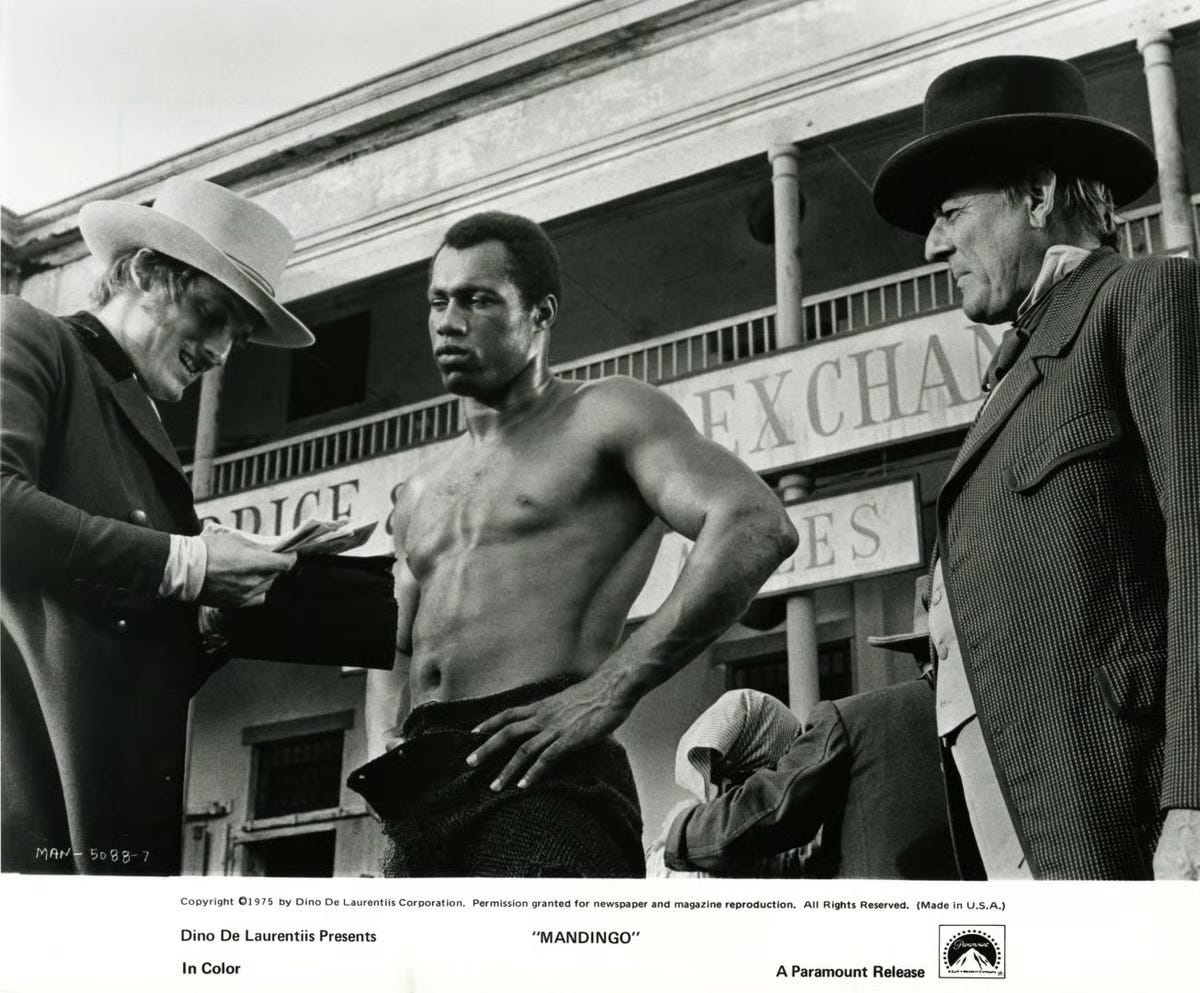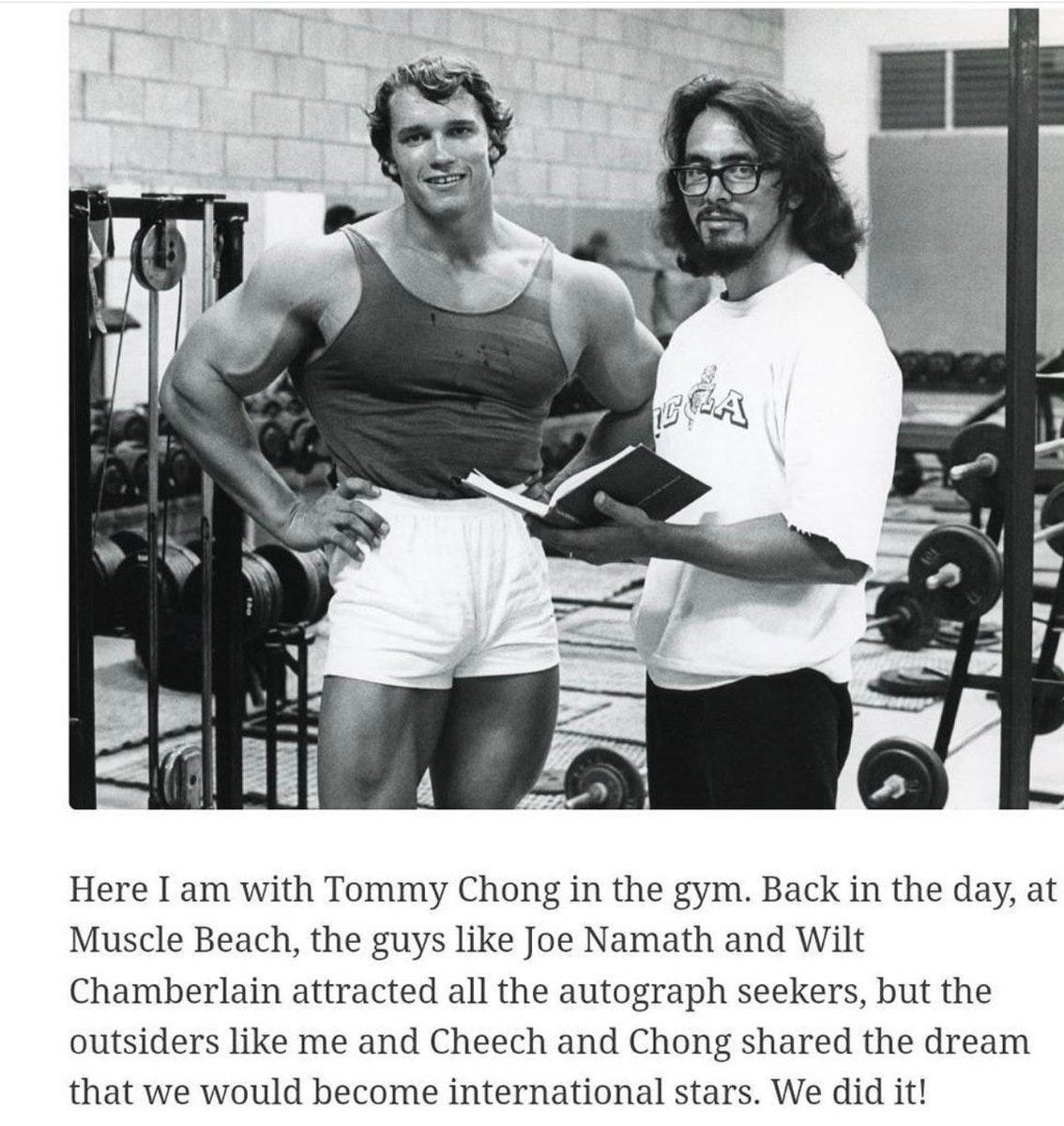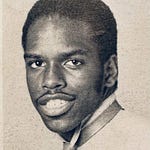Try not to picture, on either day this weekend, the 1975 film Mandingo while you’re watching some kid strain to give second and third effort on fourth down. And absolutely do not search for a 1998 essay titled “Mandingo: The Vindication, of an Abused Masterpiece,” in which Canadian critic Robin Wood called it “the greatest Hollywood film about race.”
Until this week, aside from the Mandinka people of Mali and Senegal, “Mandingo” existed for me as shorthand: The strapping Black buck craved by White women. Heavyweight boxer and novice actor Ken Norton—chocolate chest, arms, and abs showcased throughout Paramount’s promo materials—is iconic. But I’d never sought out Mandingo, because it is arguably the worst-reviewed famous film in cinema history. Critics didn’t just hate the Dino De Laurentis project, they went out of their way to discredit it.
“Mandingo was a critical disaster as reviewers both black and white scourged it with all manner of puritanical condemnations,” writes Andre Devos in “Expect the Truth”: Exploiting History with Mandingo. “Yet, in an age where the press could often decide a film’s financial fate, Mandingo was wildly popular with audiences.”
Last weekend I finally watched this, the last blaxploitation hit. And why that yawning chasm of opinions existed in 1975 could not be more obvious.
The air of the disreputable was all about the project.
Mandingo, the original 1957 text, emerged from a White dog breeder working out of Pasadena. Kyle Onstott was born in 1887 and, through his early 60s, collected the Black wench relations tales he had heard told by the White men in his Illinois youth. Brutal slave fighting would be in his planned novel’s mix, too. He applied to these elements lore his knowledge of breeding. The would-be author’s anthropologist son gave him insight into the Mandinkas’ exceptional qualities.
Onstott’s book is generally described as trash, but it was a massive hit that spawned many sequels. For the film version, Saturday Night Fever and Serpico screenwriter Norman Wexler built on the Onstott’s book’s breeding essence, enriching it with elements from Jack Kirkland’s 1961 play of the same name and Wexler’s own take on the unique cruelty of Alabama slavery.
Tortured sexuality and the deep taboo of race mixing is only the film’s cover story; the embrace between Norton’s buck Mede and White-lady lead Susan George were prominent in the movie’s promo materials when their tryst isn’t even thought about until Act 3. Beyond even the grave transgression that interracial sex was in its day, Mandingo is consumed by American slave owners’ indelible disregard for Black humanity.
We think of ballplayers as giving up future health for NFL glory, when we ought to also recognize them as giving up their voice.
The transgressive Black man-White woman swirl doesn’t end up being much to look at, considering how lasciviously Paramount and Dino De Laurentis dangled the scene. The film’s actual most inspired scene is an excruciating “fight to the finish, with no holds barred” between Norton’s Mede and Jamaican Topaz, played by the bald and hulking Duane Allen.
The courtyard of a stately antebellum home is teaming with Southern Whites dressed to the nines. The nighttime space is buzzing with excitement in the way Americans once buzzed for boxing, but with a more terrifying edge. The slaveowners and their wives are dressed to the nines. The expensive slaves are introduced, to two stories’ worth of applause.
Dollars are being waved as betting is rampant.
Already screaming, the crowd begins going nuts like Southeast Conference fans in the fourth quarter of a big game. The action is continuous and completely brutal. Blood trickles, then first flows from fist damage and then—as the fighting grows more desperate—from teeth tearing through skin. The crowd’s gone completely apeshit.
Topaz is too much for the attractive slave, in almost every way. When Mede is knocked unconscious, Topaz walks away, arms raised in victory, and then drops dead from his wounds, passing the championship to Mede.
The savagery of this scene stings because it isn’t some dark fantasy in the mode of Barbarian or Saw or The Human Centipede. It’s American history, the kind in which the word protagonist has no proper place.
The kind that the US citizenry were never properly taught.
That disparity in early Mandingo reaction was indeed obvious. Film critics in 1975—a very good year for White cinema—either could not face the deep sordidness of slavery or were too overwhelmed by Mandingo’s frank dehumanization to notice that it was covering a painfully relevant issue: The American male’s cash-driven delight in cruelty.
“Some ask why we act the way we act, without lookin’ how long they kept us back.” —Chuck D,
A uniquely toxic culture was born of the antebellum south. That sickening courtyard of bloodlust certain defines lots of 2025 DC policy, from Alligator Alcatraz to the nation’s way with guns.
And don’t get me started on Jerry Jones, owner of America’s football team.
It’s difficult to dwell on how White people fucked us up. Since we’re on the topic though? Here is an all-time favorite:
Don’t get it wrong. Every day that fully half of Black America isn’t out wilding in the street is a miracle, to me.
In my head, Vancouver, British Columbia down to San Diego forms “The Sojourn District.” Why not—you might ask—call it “Sojourn Nation,” this Western America Coast of which you are so gung-ho?
Because my perspective on this motherfucker is very high…
Very high…
10 What left Hollywood so vulnerable?
“The Town” has been in trouble longer than you know. Before the fires and Jan 20. Back before Marvel movies entered scourge territory—while Netflix was still mailing out DVDs—the problem were emerging.
There’s less inside baseball than one would expect in Matt Belloni’s back-and-forth with Bloomberg’s Lucas Shaw. Looking over the movie business’s past 15 years, they rank the injuries. Their top five moments of most meaningful and negative effects resonate far beyond The Town.
The Town
Shaw’s top-ranked worst thing is AMC scoring big with a Netflix licensing for Breaking Bad, an acclaimed show that almost no one had been watching on cable.
“[T]he success of this show, I think, helped convince a lot of other studios and network to keep licensing,” Shaw opined, “and not only keep licensing, but license more to Netflix in pursuit of that type of hit.”
Lil Hit
For the first time in three years, San Diego’s
is in Emerald Triangle. She reports that the “Green Rush is long gone and legalization has turned into more of a bureaucratic chokehold than a golden ticket.”
Find yourself thinking about the ideas, personalities, and information that you’ve gleaned from West Coast Sojourn? It would be nice if you were to “Buy Me a Coffee.” Still cooler expressions of appreciation can be delivered via Venmo or GoFundMe.
Something for your earholes: It hadn’t occurred to me that Vancouver, Washington and Las Vegas, Nevada had things in common, until Lev and I chatted up one extremely busy news editor.
A Tale of Two Clark Counties, by Mark Bowder
‘If you have a community news, you know what's going on. It can help build community. newspapers of the glue that can hold communities together. And I think that's one of the strengths of Vancouver because it has the Colombian, which does a really good job of serving the community and tries mightily to provide that glue, to keep the conversation going and to try to make it a better place.’
9 Not all rappers are low-key Trumpy
Not Chance the Rapper. One his hot new comeback album, dude lets the music drop out on a big-ass “FUCK ICE!”. Right at the height of his rhyme. Like, daayumm. Nowadays hip hop artists are politically quiet as open cowards. So, the Chicago MC’s demonstrative statement reminds that he’s mostly been independent.
Whatever mostly independent means.
Migrant Insider
The “Drapetomania” rhyme goes: “Tiffany Fein in a blue box/401K in a shoe box/Her favorite rapper named 2Pac/Love 2Pac ’cause he shot two cops'/I got a 9 millimeter called Thug Life/I got a new chain, it say ‘FUCK ICE’”
At a boutique hotel where the Sunset Boulevard House of Blues used to be, I interviewed Chance for LA’s Artillery magazine. This version is fine, but the print iteration has a vivid description of Chance vaping and growing increasingly animated as he hit the pen. The rapper's father pressured Artillery to remove the passage from his website.
Glad young Chance continues to develop his independence.
Lil Hit
The Seattle Storm are flirting with .500 after Tuesday’s 95-75 road loss to a Caitlin Clark-less Fever of Indianapolis.
Indianapolis Star
8 ATTN ‘fat Black women’: The Whites House is fixated on you!
Earlier this week, Michael Wolff reported that Donald Trump has been showcasing his special ire for “fat, Black women.” Hopefully this news of the obvious will reach the many female folk I see online bragging about their non-participation in the resistance.
If only my people were checking for Variety this week. Roy Wood is such a savvy journalist. He plays the corporate journalism game as well as anyone out there. Super smart about our crisis. Yet, it was Amber Ruffin’s penetrating take on the stakes that has me revisiting this win this Swin Suebsaeng interview.
Variety / The Daily Beast
“Any one of us can fit neatly into a neat little prison. All of us are in danger any time we leave the house,” she said. “When you come back into the country and they take your fucking phone, they’re going to see you tweeted ‘Trump is a bitch’ and you’re in danger. So, we’re all in the same boat.”
Lil Hit
Outcry from Cal Poly Pomona’s majority Brown campus community has thus far stopped ICE from being allowed to recruit at the school’s now-postponed job fair.
Cal Matters
The Full Herb Caen
The time of constantly wearing Covid masks in public is soon to be upon us…
Excepting the above, little is more depressing than listening to senior Democrats lament the rule of law’s passing. I expect Jim Carville to stroke out by midterms…
If you are a public political figure and your platform isn’t about the defense of 2026’s election or low-key strike planning, you are actively supporting MAGA…
Might as well be podcasting with a stupid red hat on…
I have been studying up on dictators like Pinochet, Hitler, Mussolini, and Franco. As much as dictatorship is a powerful suck, the main imperative is that we change…
Look within ourselves and figure out how to change…
8 TBA hasn’t been canceled, so not everything sucks
DC withdrew the $30,000 in grant funding that the Portland Institute of Contemporary Art was going to use was going to use to pay performers at the venerable and amazing Time-Based Arts Festival . As a result, next week’s programming is exceptionally West Coast-centric, with artists mainly hailing from Vancouver (BC), Seattle, and LA.
Perhaps there is an upside to the scaled-back event, but, as Lindsay Costello writes, “The loss underscores the precarity that experimental, artist-first organizations like PICA face.”
Performances will jump off at PICA’s spacious Hancock headquarters, Winningstad Theatre at Pacific Northwest College of Art, and Reed College.
Portland Mercury
Lil Hit
A half hour south of Seattle, the 125th-anniversary of the Washington State Fair is being celebrated, starting today.
Yakima Herald
Simple, but not easy
Less hilarious stand-up than sweet honey to cover harsh medicine.
Not every aspect of Josh Johnson’s analysis is proving true, but the overall point is undeniable: Boycotts and strikes are our best weapons. To hit back at corporate officers who are counting on you not to act, that is the assignment. Together we have big money and major power.
The “together” part is tough. We’re just not good at that.
7 The unlikely route to victory of Cheech and Chong
Mandingo isn’t the only reviled 70s film iconography getting an uptick in appreciation. Cheech and Chong have been making the mainstream rounds, letting everyone know that they are among their generation’s winners. A $100 million weed empire has the comedy duo considered tops among legal weed industry players.
Forbes
When the feds locked up Tommy Chong for selling bongs in 2003, he was cellmates with Wolf of Wall Street Jordon Belfort. Chong says that Belfort began following him in an effort to write a book, showing his first work to his cellie. “I looked at the page and I recognized that he had copied [Tom Wolfe’s] The Bonfire of the Vanities,” Chong says. “I realized the guy was a thief, he would even plagiarize a book, just out of habit.”
Here’s my Leafly re-appreciation of Up in Smoke, from about a decade ago. The focus is on classic cars woven into the LA scenes.
It’s easy to forget that Chong, 87, is nearly nine years older than Cheech Marin, whose home office happens to be in Joshua Tree.
Lil Hit
The narrative podcast industry “went from people were making absolutely no money, to people were making fortunes big enough where they’d never have to work again, to ‘There’s not a budget for that’ in less than 10 years.”
Rolling Stone
Listen to this episode with a 7-day free trial
Subscribe to West Coast Sojourn to listen to this post and get 7 days of free access to the full post archives.














